Best Practices Articles

Does Lead Scoring Matter for Lead Management Software?
As we have discussed in earlier articles, lead management software is a form of business process automation that streamlines activities between marketing and sales to identify potential new business opportunities and enable sales closure. In this digital age, it is essential to strike the right balance between marketing and sales functions in order to achieve and track return on investment (ROI). Lead scoring plays a critical role in accomplishing this. In this article, we will explore why lead scoring is so important in this context.
Customer relationship management (CRM) software entered the marketplace about two decades ago and was used at that time primarily by large enterprises. However, a lot has changed since then. CRM is no longer just for large enterprises. It is now deployed in organizations of all sizes. However, over the past 10 years or so we have also witnessed a parallel development: the advent of marketing automation tools. Businesses ranging from those with just a few employees to the very largest enterprises are now dealing with a new challenge: integration between a marketing automation platform and a CRM. This is where lead management software fits in.
It’s important to point out that most lead management software is actually offered as a feature or component of a more comprehensive platform, rather than as standalone software. That is, lead management capabilities are typically built into both CRM and marketing automation platforms. However, in practice lead management is really a functional bridge between marketing and sales, and that’s how I am thinking of lead management for the purposes of this article.
Now, if an organization is dealing with a large volume of inbound leads that need to be nurtured, qualified and pursued by sales, in order to drive sales efficiency it is essential to establish some lead scoring standards to ensure each lead is properly nurtured digitally before it is touched by the sales function.
Lead scoring logic tends to be directly related to the buying stages that a prospect goes through on the way to a completed sale. Typically, most marketing processes focus on three core stages of the buying journey: awareness, interest and trial.
Depending on the nature of the solution (ranging from simple to complex) and price (from low to high), the business logic for lead scoring can vary greatly in lead management software. In the case of enterprise sales, where the value of a transaction is high and relatively complex, marketing may pass a lead to a business development rep much earlier than in other contexts to initiate face-to-face contact. With simpler, lower-volume, lower-value transactions, it is often more effective if sales engages at a much later stage. Finding the proper balance between marketing and sales activities under different buying circumstances is an incredibly important function of lead management software.
In subsequent articles, we will explore the multiple variables that determine how to configure lead management software for lead scoring under various conditions. But one principle remains consistent across various deployments, industries and solution types, and it should always be kept in mind: Lead scoring exists to establish a set of standards that determine exactly how much nurturing a lead requires from marketing before it is passed on to the sales engagement process.
If you understand lead scoring as the digital bridge or handshake between marketing and sales functions, then it should be clear why it is such a critical feature in all lead management software. To come back to the question I began with: Does lead scoring matter in lead management software? Absolutely.
For more information, please visit www.zinfi.com.
Best Practices Guides
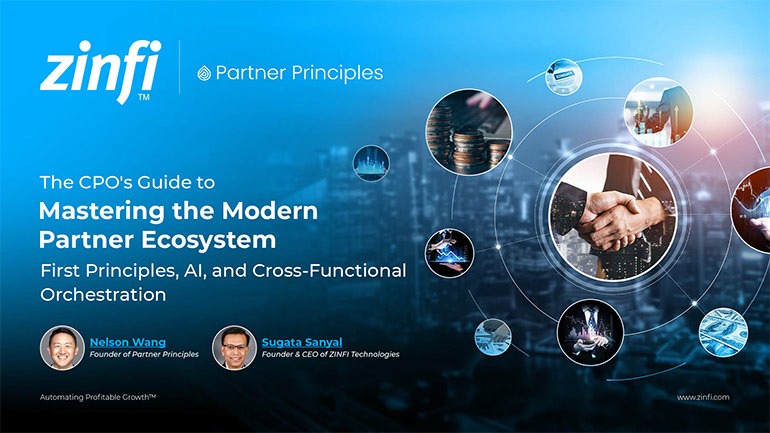 First Principles Drive Modern Partner Ecosystem Success Best Practices
First Principles Drive Modern Partner Ecosystem Success Best PracticesDownload for FREE
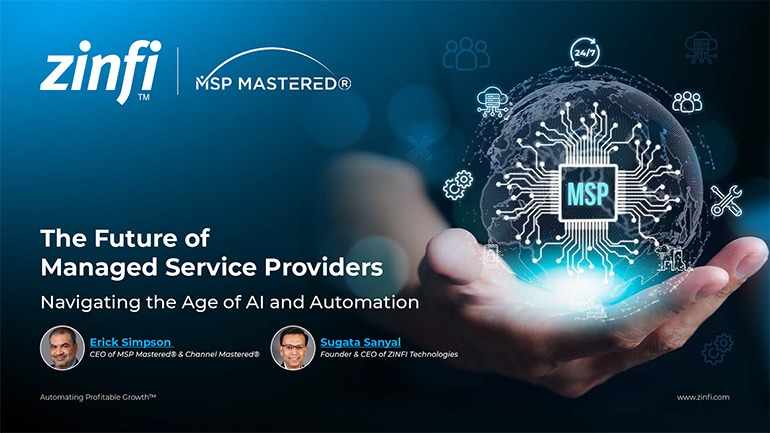 The Future of Managed Service Providers: Navigating the Age of AI and Automation
The Future of Managed Service Providers: Navigating the Age of AI and AutomationDownload for FREE
 Modernizing Channel Marketing: AI and Ecosystem Enablement Best Practices
Modernizing Channel Marketing: AI and Ecosystem Enablement Best PracticesDownload for FREE
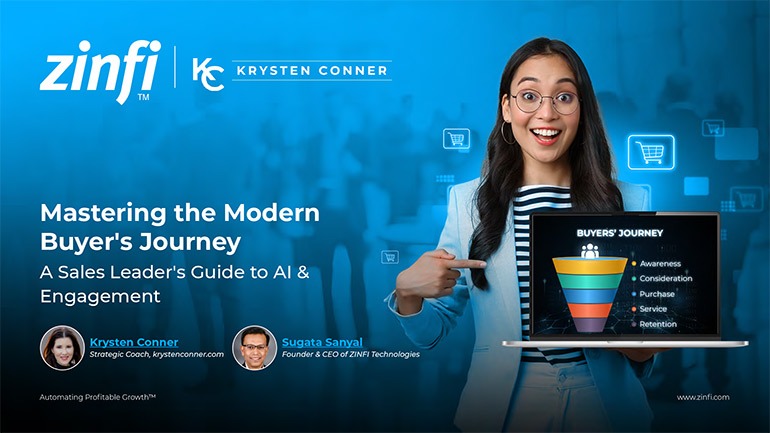 The Channel’s Shift to Partner-Led With AI Best Practices
The Channel’s Shift to Partner-Led With AI Best PracticesDownload for FREE
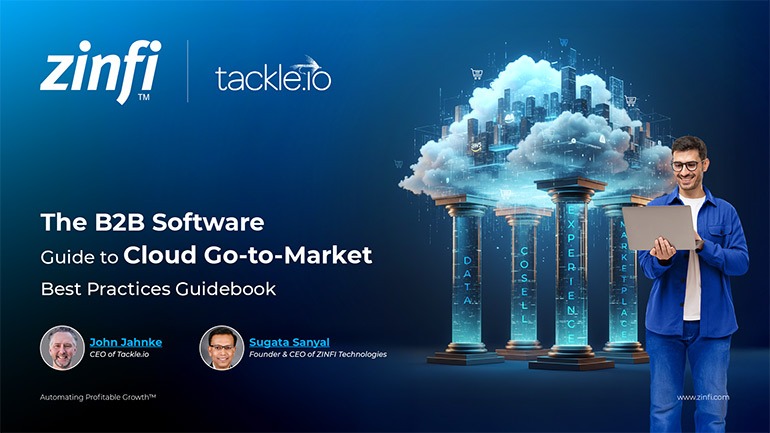 Hyperscalers, ISVs, and AI: Shaping the Future of B2B Software Distribution
Hyperscalers, ISVs, and AI: Shaping the Future of B2B Software DistributionDownload for FREE
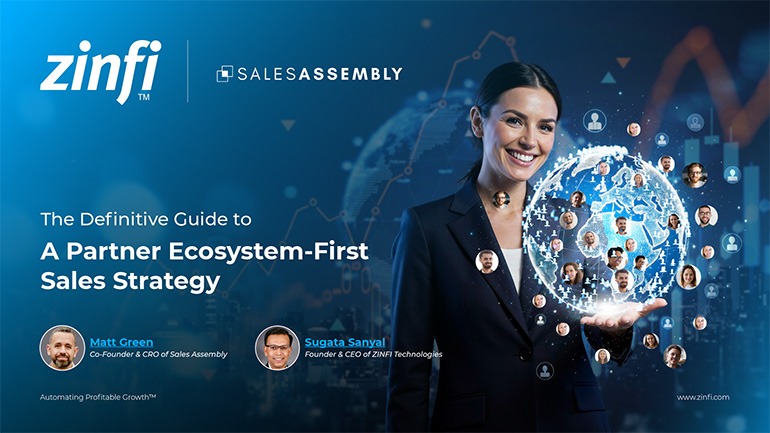 Definitive Guide to a Partner Ecosystem-First Sales Strategy
Definitive Guide to a Partner Ecosystem-First Sales StrategyDownload for FREE
 The Partner-Led Digital and AI Transformation Best Practices
The Partner-Led Digital and AI Transformation Best PracticesDownload for FREE
 Startup Talent Recruitment: Hiring Missionaries, Not Mercenaries
Startup Talent Recruitment: Hiring Missionaries, Not MercenariesDownload for FREE
 The Future of Partner Relationship Management with AI in Partnerships
The Future of Partner Relationship Management with AI in PartnershipsDownload for FREE
 Cybersecurity for the 99%: Strategies from the Frontline
Cybersecurity for the 99%: Strategies from the FrontlineDownload for FREE
 Mastering Partner Relationships: A Strategic Approach to Business Growth
Mastering Partner Relationships: A Strategic Approach to Business GrowthDownload for FREE
 Mastering Partner Relationship Management: Keys to SaaS Channel Success
Mastering Partner Relationship Management: Keys to SaaS Channel SuccessDownload for FREE